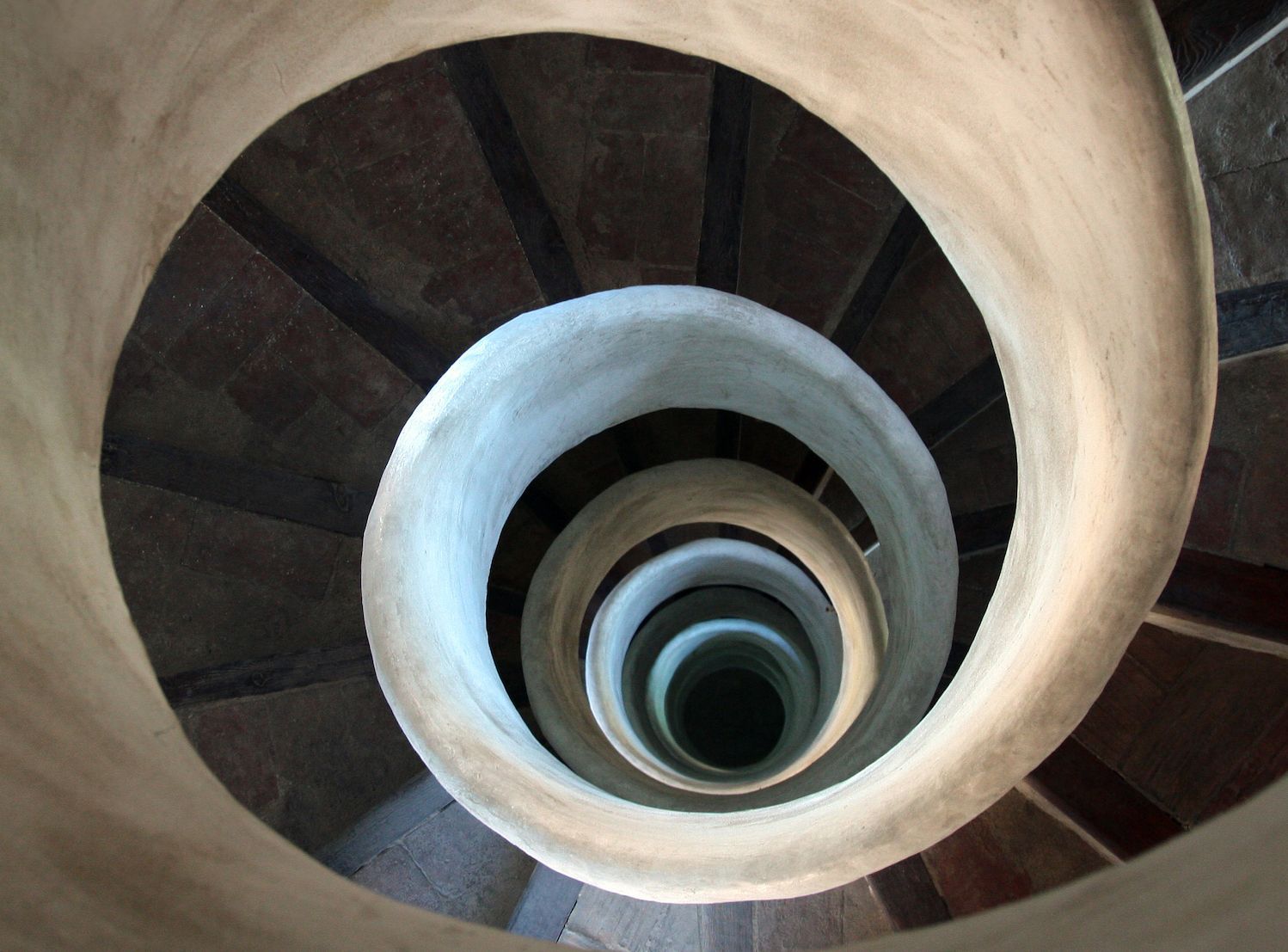
The control of equilibrium is guaranteed by a complex system in which information coming from the external environment and from our own body is subjected to a complex elaboration in order to guarantee a series of indispensable responses for the maintenance of equilibrium in both static (in the absence of movement) and dynamic (during movement) conditions.
The correct sensation of balance in static and dynamic conditions depends fundamentally on the information coming from the vestibular, visual and proprioceptive systems. The predominant role in maintaining balance is played in particular by the vestibular system and therefore a damage to the peripheral or central vestibular system will lead to the appearance of vertigo and imbalance, symptoms generally associated with nausea, vomiting, sweating, paleness, yawning, hypersalivation and intestinal disorders.
Vertigo is a symptom characterized by an illusory sensation of movement. It is defined objective when the patient "sees" turn, rotate or otherwise move the surrounding environment, subjective when it is the patient who has the sensation to turn or otherwise move with respect to the environment.
Imbalance is a symptom characterized by an altered perception of the stability of the body in space. In this case, the patient reports difficulties in maintaining balance especially during movement, in the dark or when walking on uneven surfaces and often needs to hold on to everything that is in its vicinity.
Pathologies affecting the vestibular apparatus can evolve into a real cognitive disorder, characterized, for example, by difficulty in remembering places already known, to maintain the necessary attention when performing two tasks simultaneously, from perceiving the correct flow of time, by difficulty in performing simple arithmetic operations.
Among the peripheral causes that can determine the occurrence of vertigo we remember labyrinthitis, vestibular neuritis, Meniere's disease, labyrinthine fistula, benign paroxysmal positional vertigo, labyrinthine stroke; among the central causes there are migraine, vascular lesions, vertebrobasilar insufficiency, degenerative diseases, neoplasms).
The subject who complains of vertigo should undergo as soon as possible a series of audio-vestibular examinations aimed at finding any pathology affecting the peripheral and/or central vestibular structures because it is known that patient with balance disorders has a double risk, compared to the general population, to suffer a stroke or heart attack within a year. In order to make a precise diagnosis, these examinations may be associated with other clinical and/or instrumental investigations (e.g., neurological examination, ophthalmology, Nuclear Magnetic Resonance Imaging, etc.).
Early diagnosis is essential not only to exclude more important diseases but also and specially to start as soon as possible an appropriate treatment. Only after a correct diagnosis that excludes surgical treatment, it will be possible to subject the patient to appropriate drug therapy and especially rehabilitation and/or re-education, the latter being essential for the complete recovery of postural skills of the patient.
Our products
Medicinal Products:
Enzaver - Cinnarizine 20 mg/Dimenhydrinate 40 mg - 20 tablets
Averbet - Betahistine dihydrochloride - 8mg 16mg 24mg tablets in blister packs PVC/PVDC/AL blister
Disipal -Orfenadrine hydrochloride - 50mg film-coated tablets in PVC/PVDC/AL blister
Accedi all'area professionisti per visualizzare le schede prodotto complete
 IT
IT 